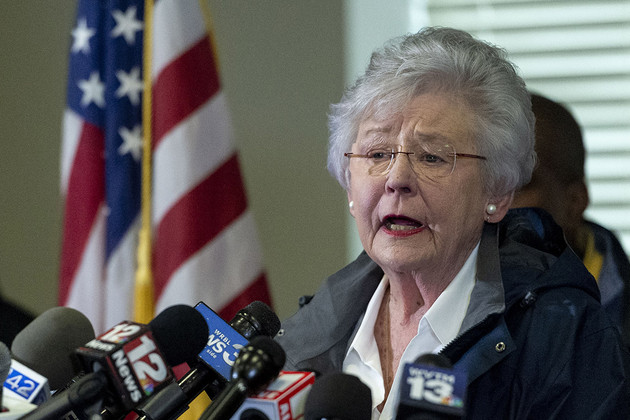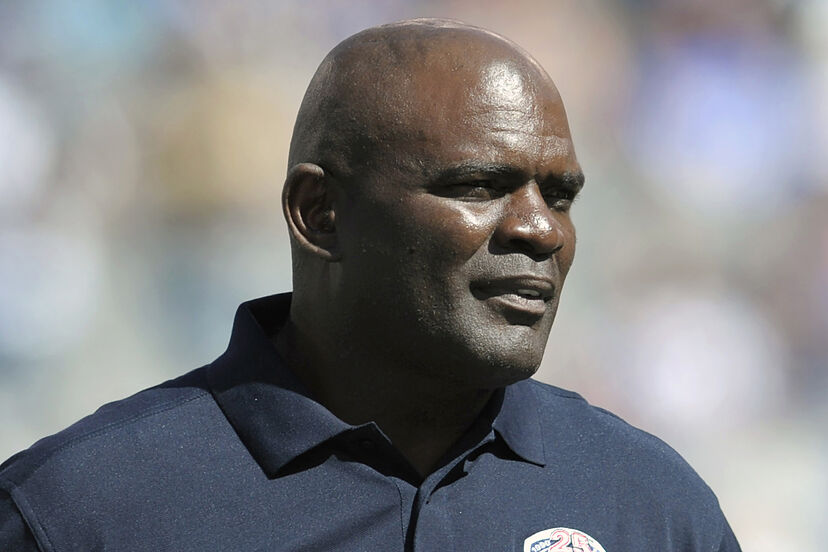On Friday, Alabama made a significant step toward maintaining election integrity when Governor Kay Ivey, a Republican, signed a bill banning the use of ranked-choice voting (RCV). Ivey emphasized the importance of this law, stating that it helps uphold confidence in elections. She expressed her stance against RCV, calling it confusing for voters and restrictive in allowing them to directly choose their preferred candidate. The new law, SB 186, specifies that RCV cannot be used to determine election outcomes for any local, state, or federal office. However, it does not apply to absentee voters under the federal Uniformed and Overseas Citizens Absentee Voting Act.
The bill received strong support, passing in the House last week after the Senate approved it nearly unanimously. In ranked-choice voting, voters list candidates in order of preference. If a candidate doesn’t secure over 50% of first-choice votes in the initial round, the candidate with the fewest votes is removed, and their votes are redistributed to the voter’s next choice. This continues until one candidate achieves a majority.
Currently, only Maine and Alaska use RCV statewide, and their experiences with the system have sometimes led to outcomes that didn’t align with voters’ initial preferences. For instance, in Maine’s 2018 midterms, GOP Rep. Bruce Poliquin lost to Democrat Jared Golden despite winning the most votes in the first round. Similarly, in Alaska, Democrat Mary Peltola won the at-large congressional seat in 2022, even though nearly 60% of voters initially supported a Republican candidate.
RCV has also been linked to high rates of discarded ballots. A study by the Foundation for Government Accountability revealed that ballots are often discarded because they are “exhausted,” meaning voters ranked only a few candidates. In Alaska’s 2022 special congressional election, over 11,000 “exhausted” ballots were discarded because voters had ranked just one Republican candidate.
With Ivey’s signing of SB 186, Alabama joins Kentucky and Oklahoma in banning RCV this year, while Florida, Idaho, Tennessee, Montana, and South Dakota have already prohibited it in prior years.
 Telegram is where we really talk. Don't miss out!
Telegram is where we really talk. Don't miss out!







